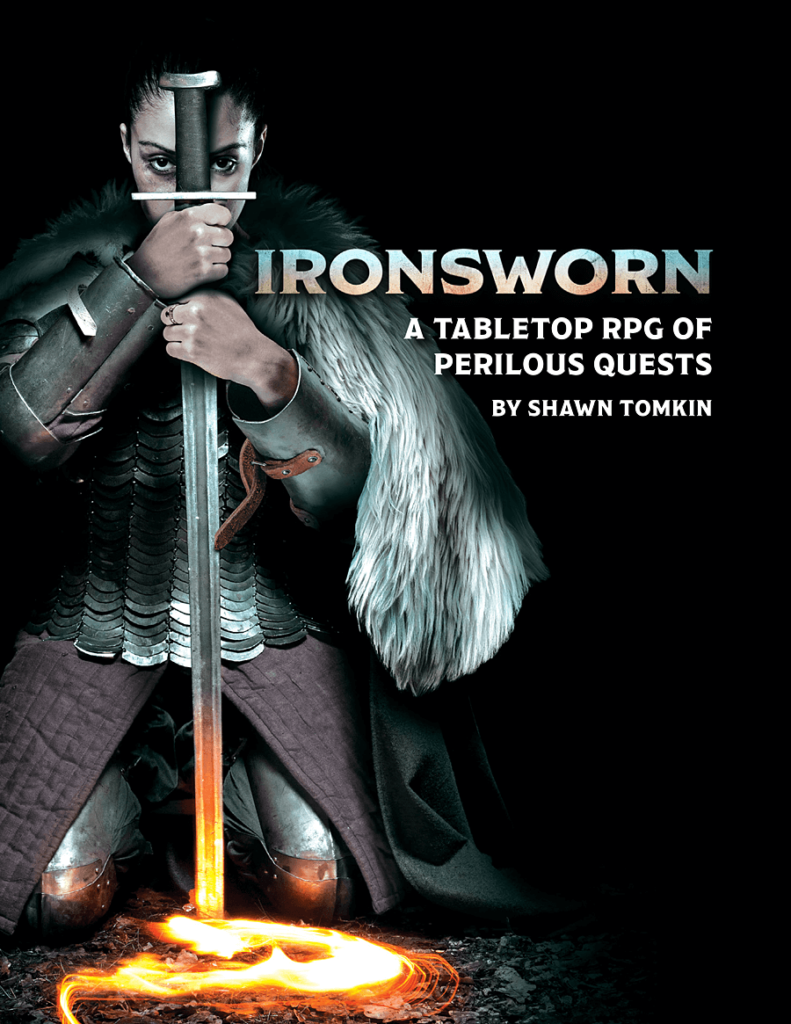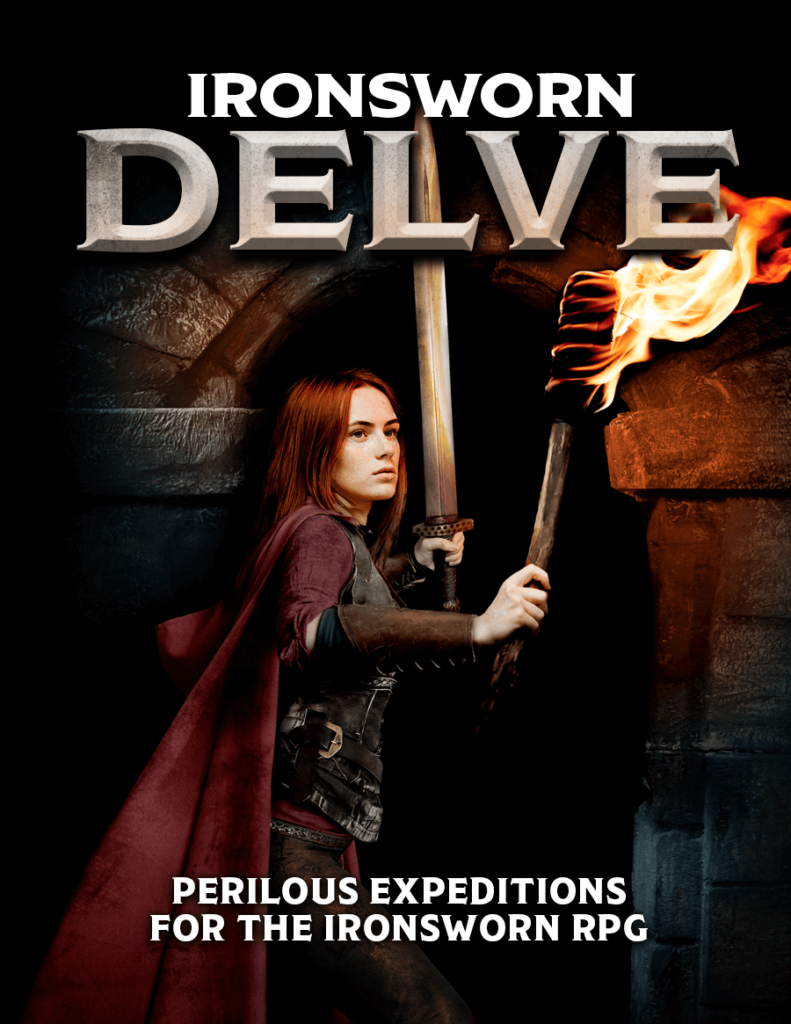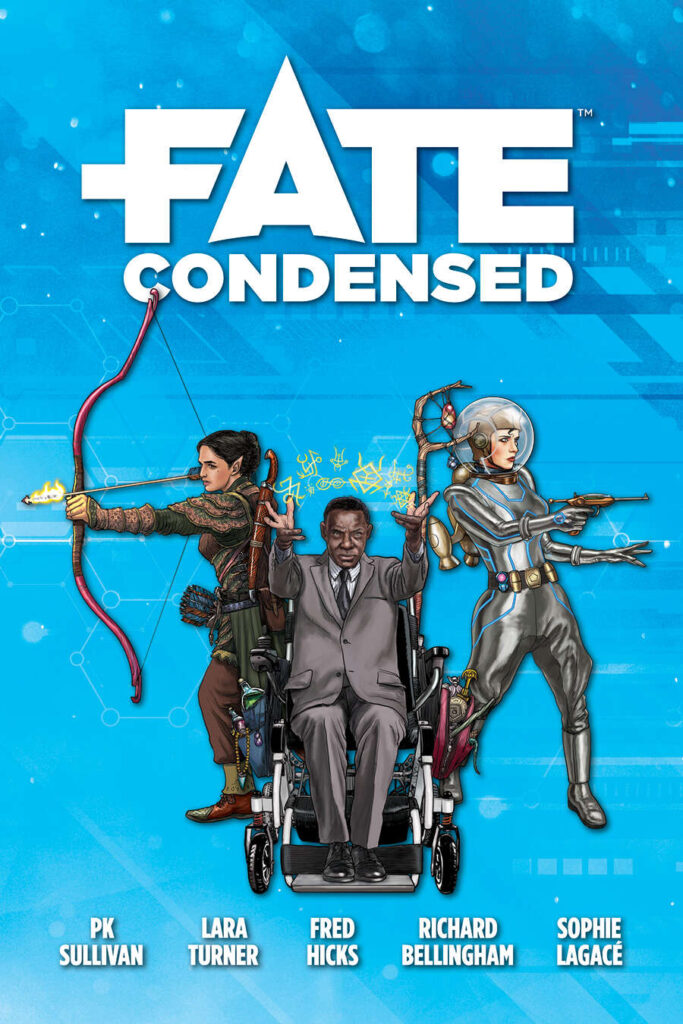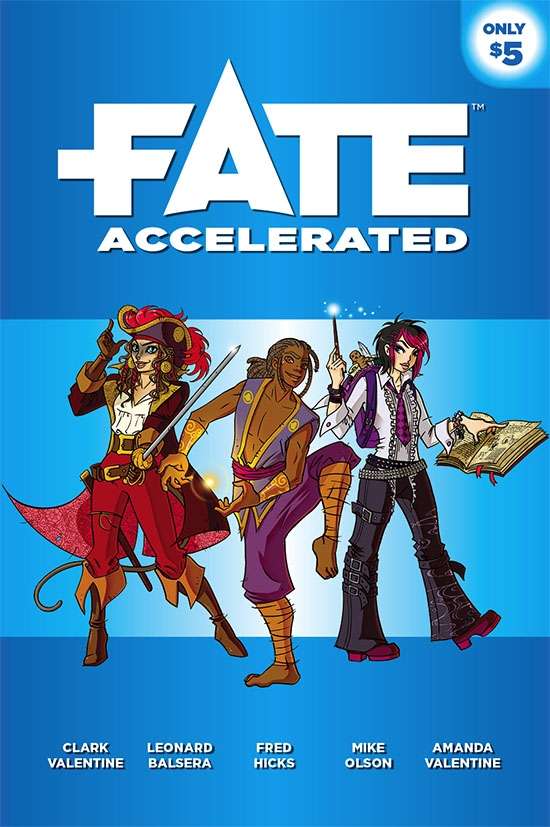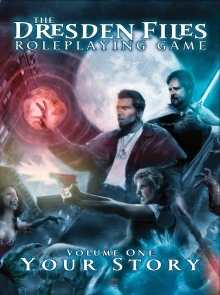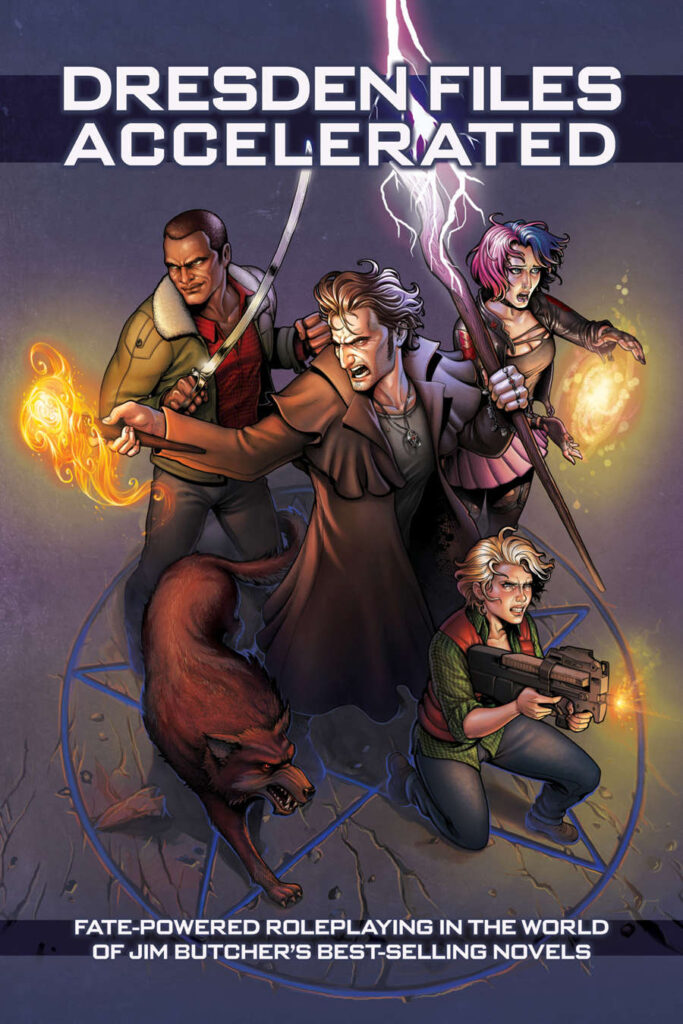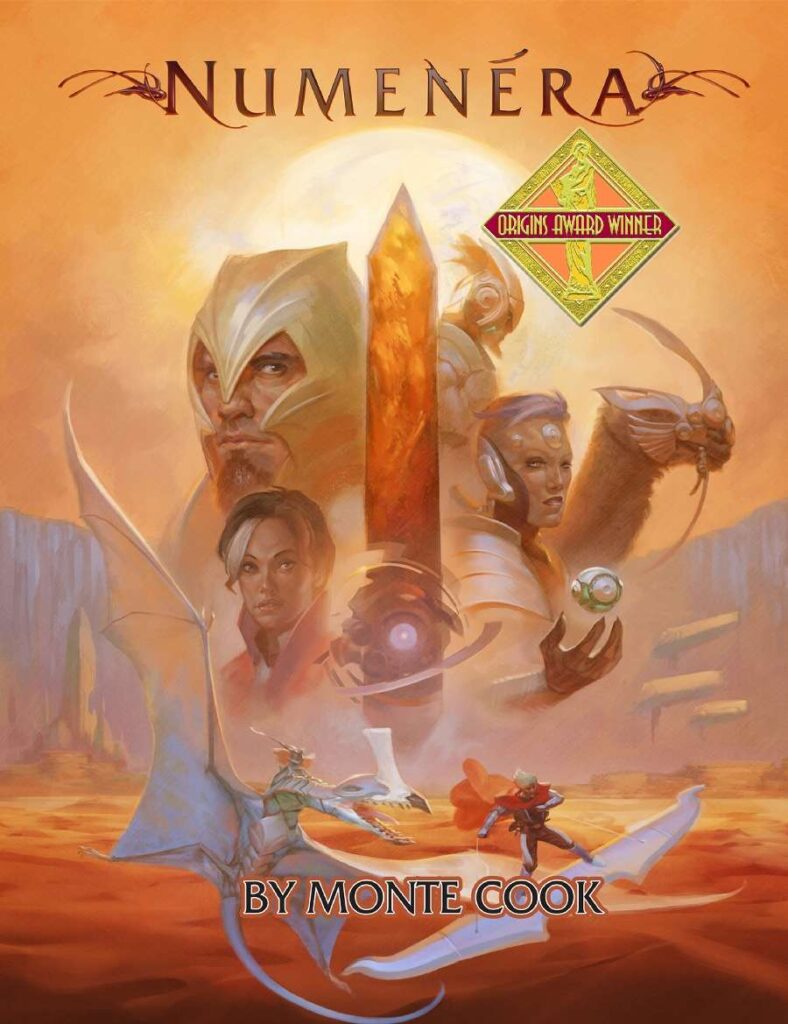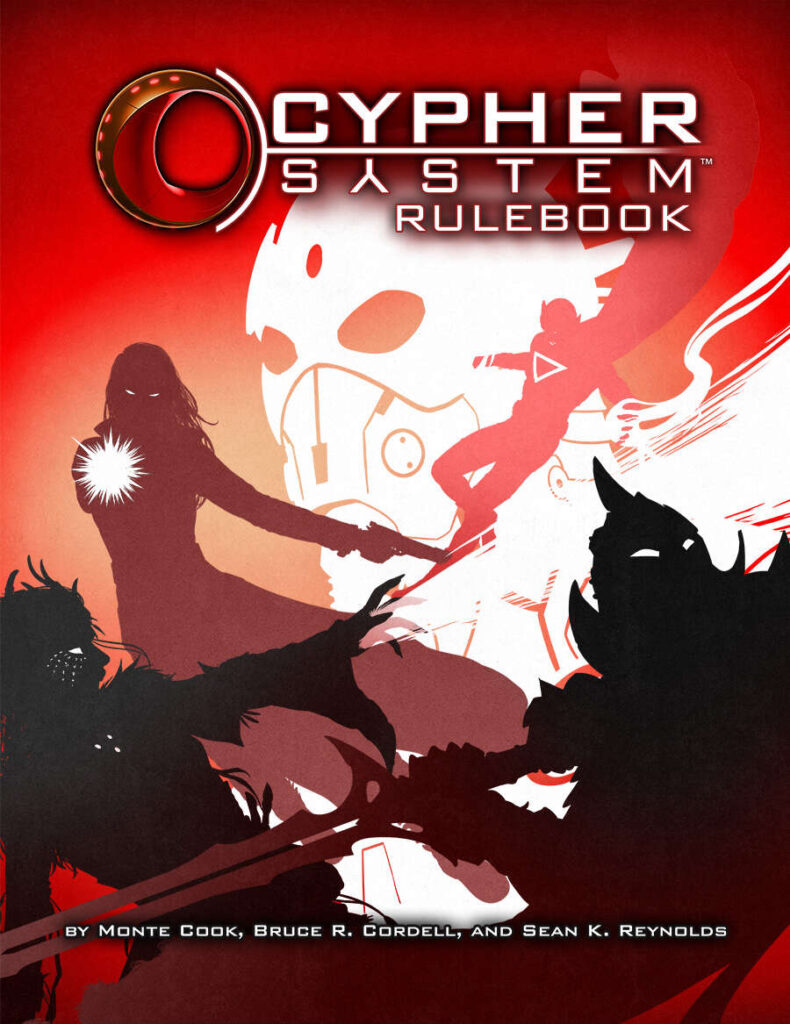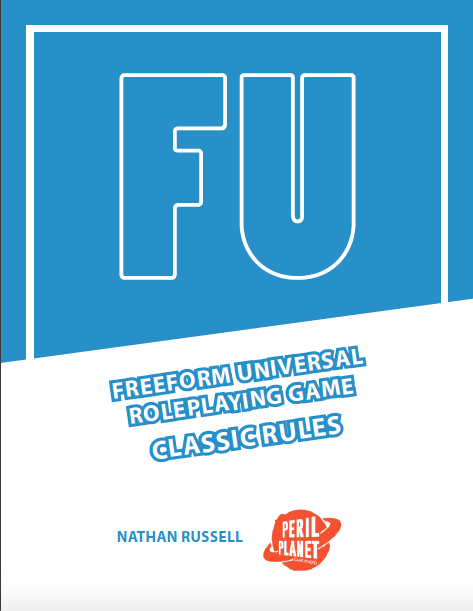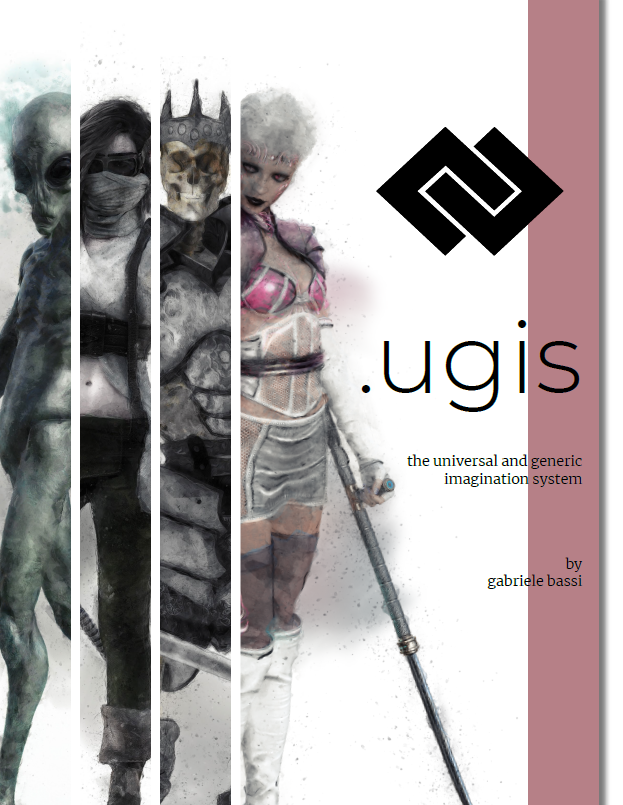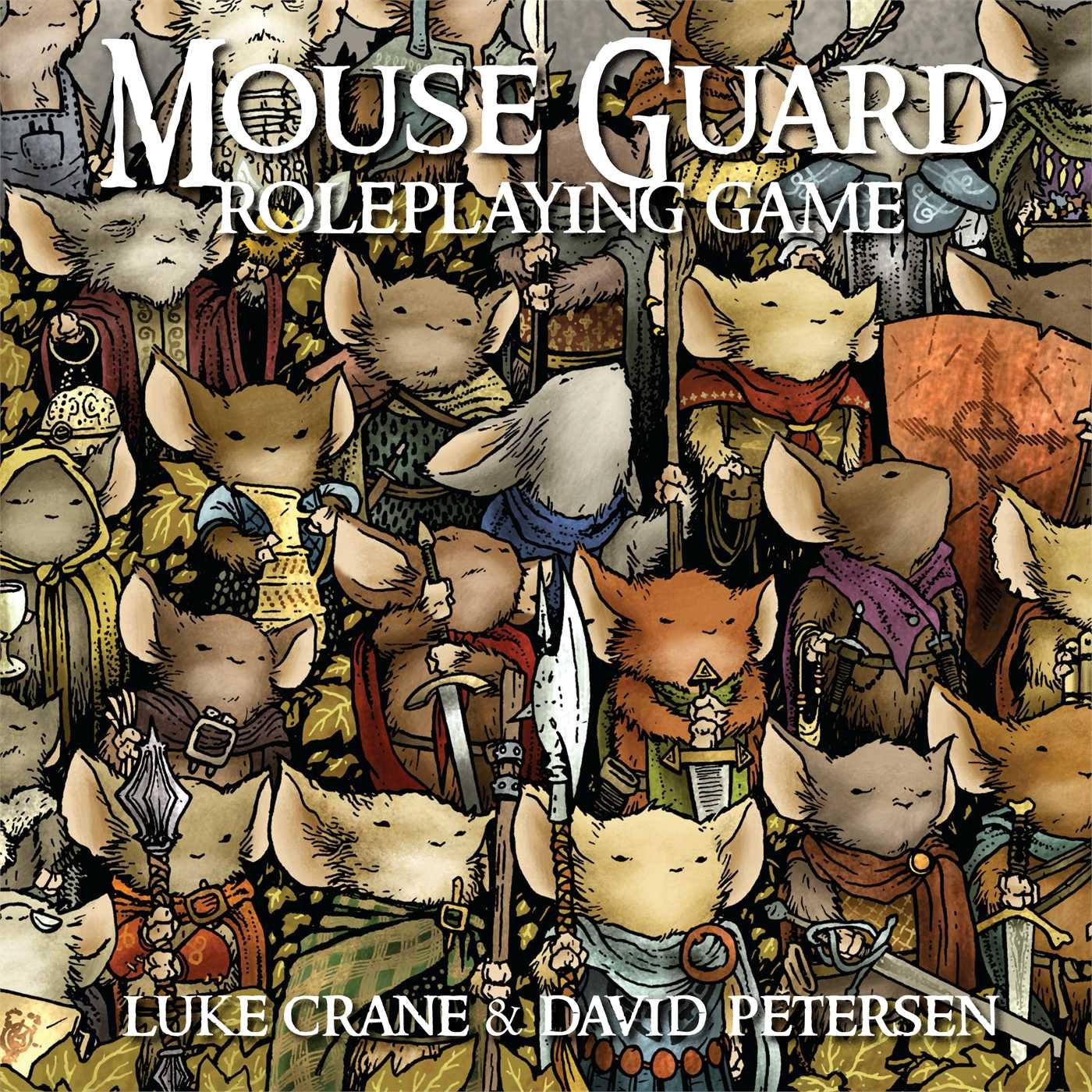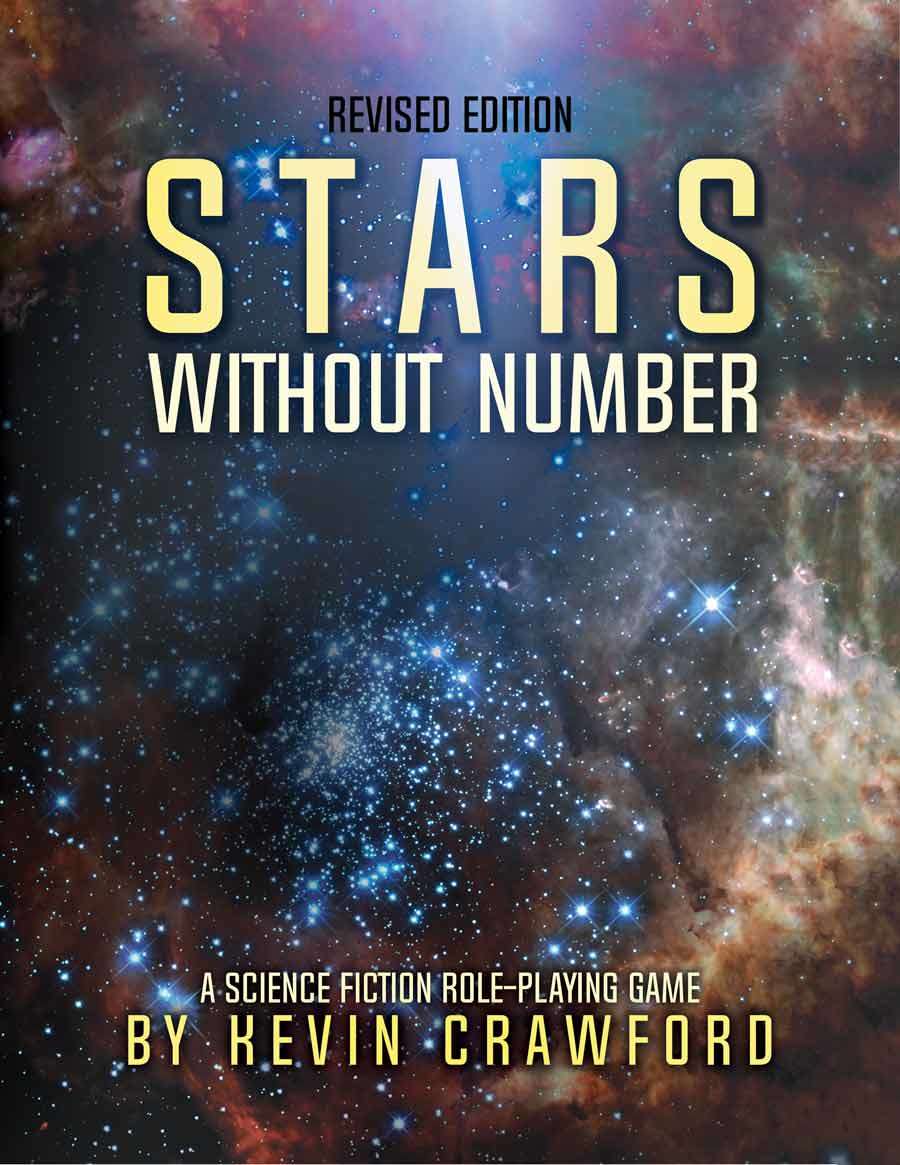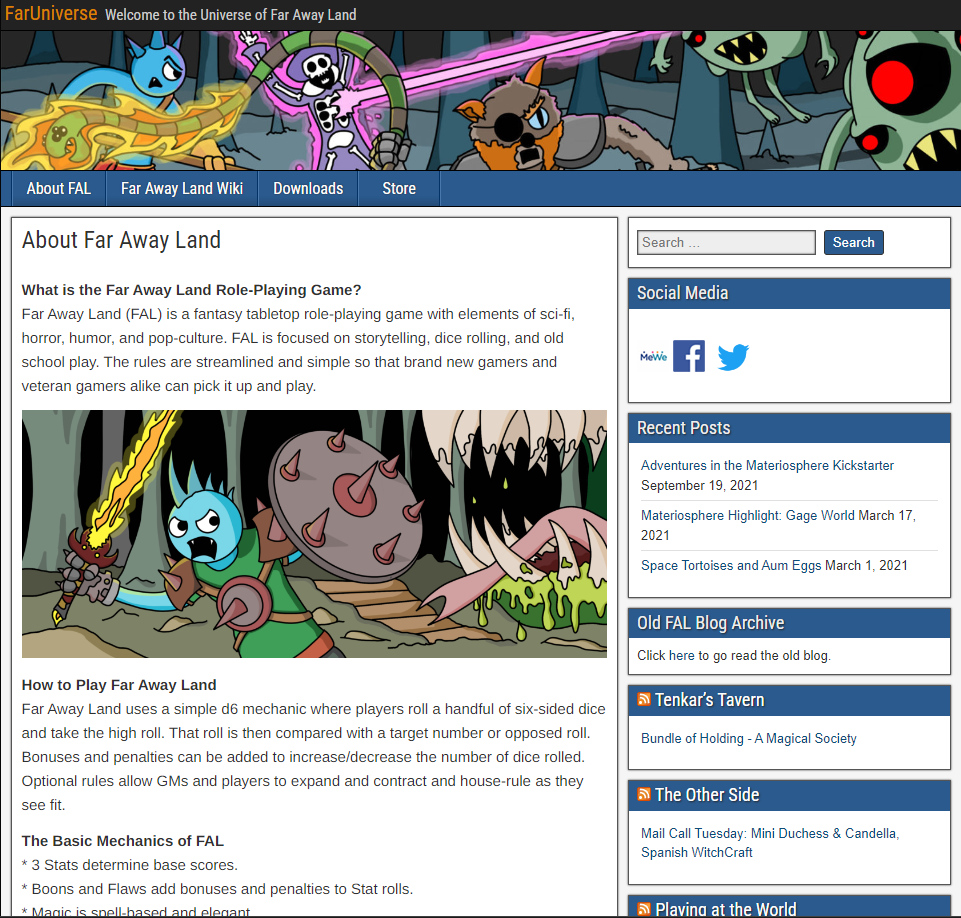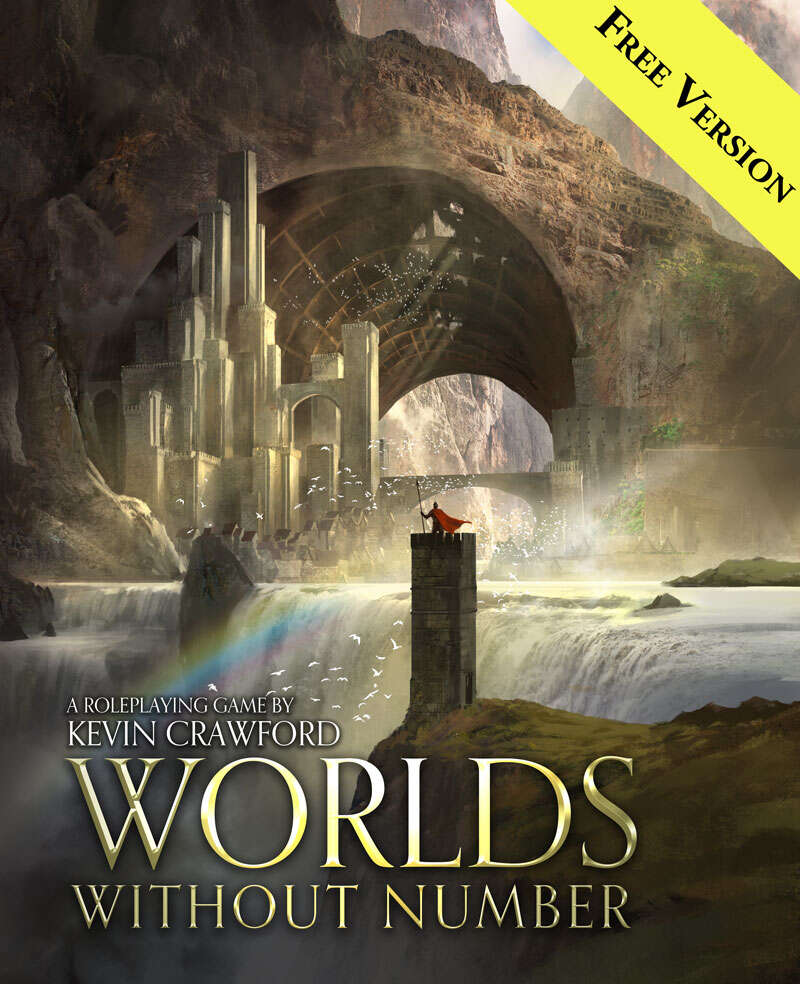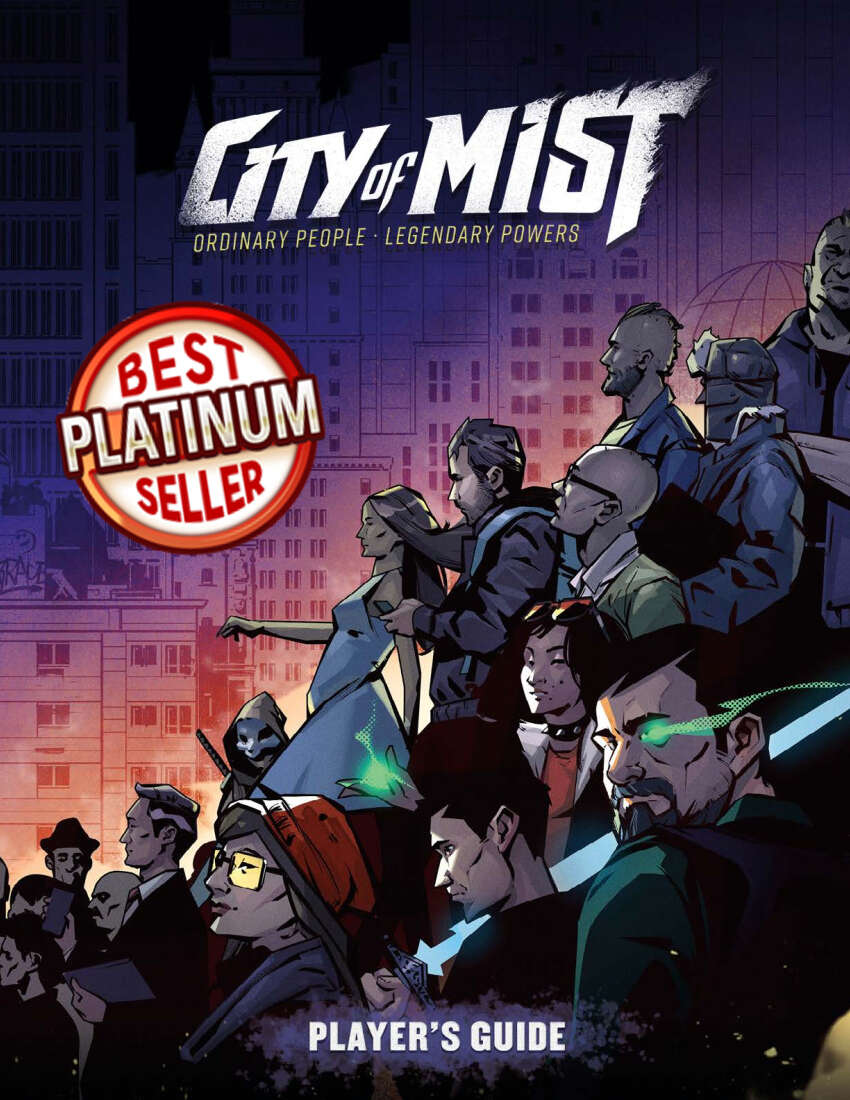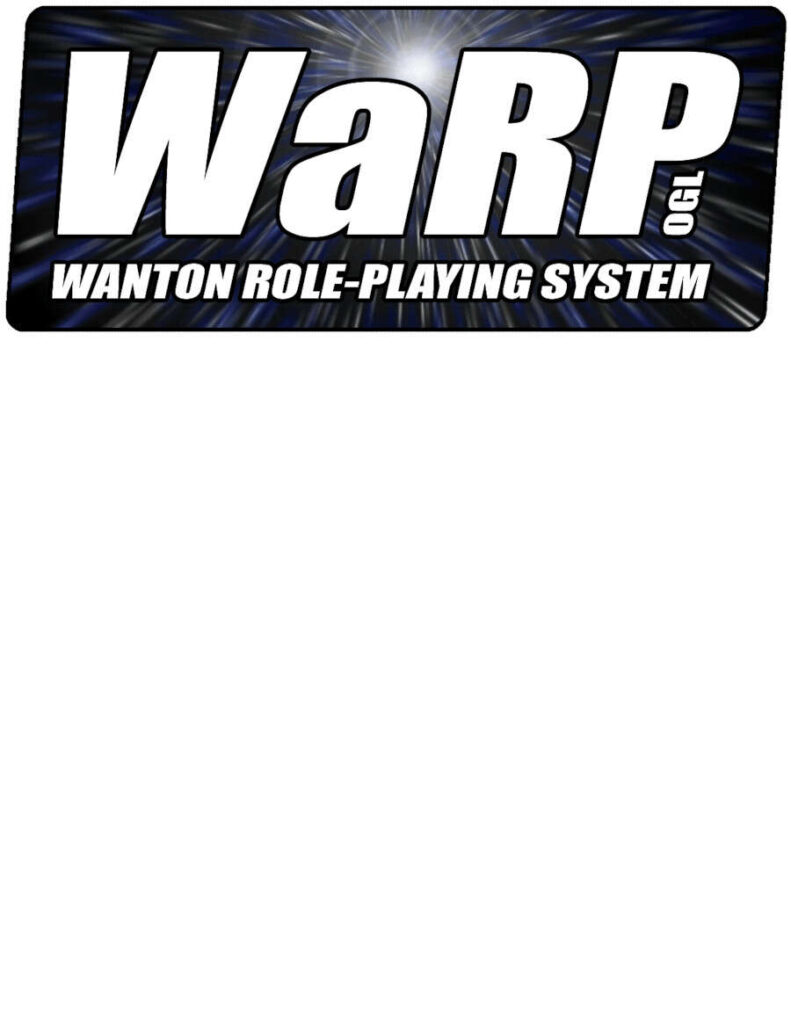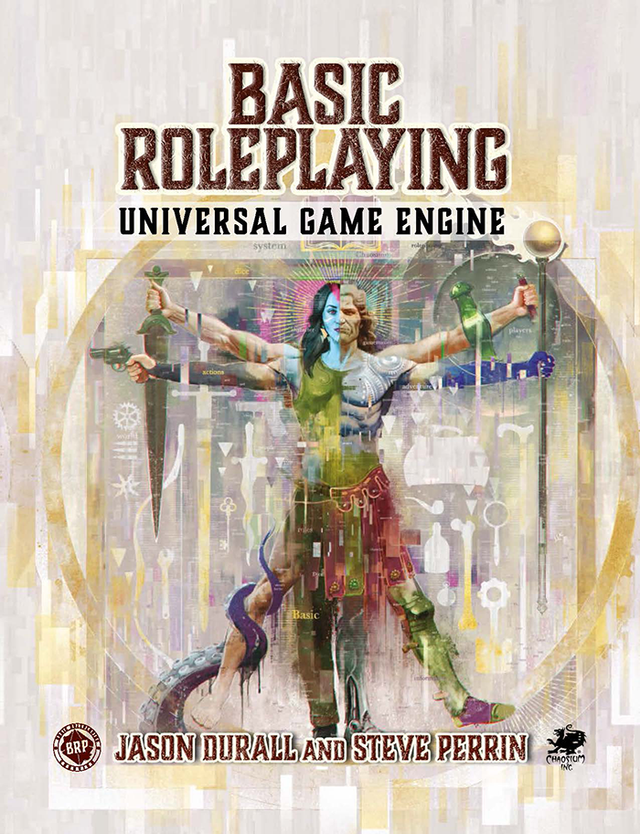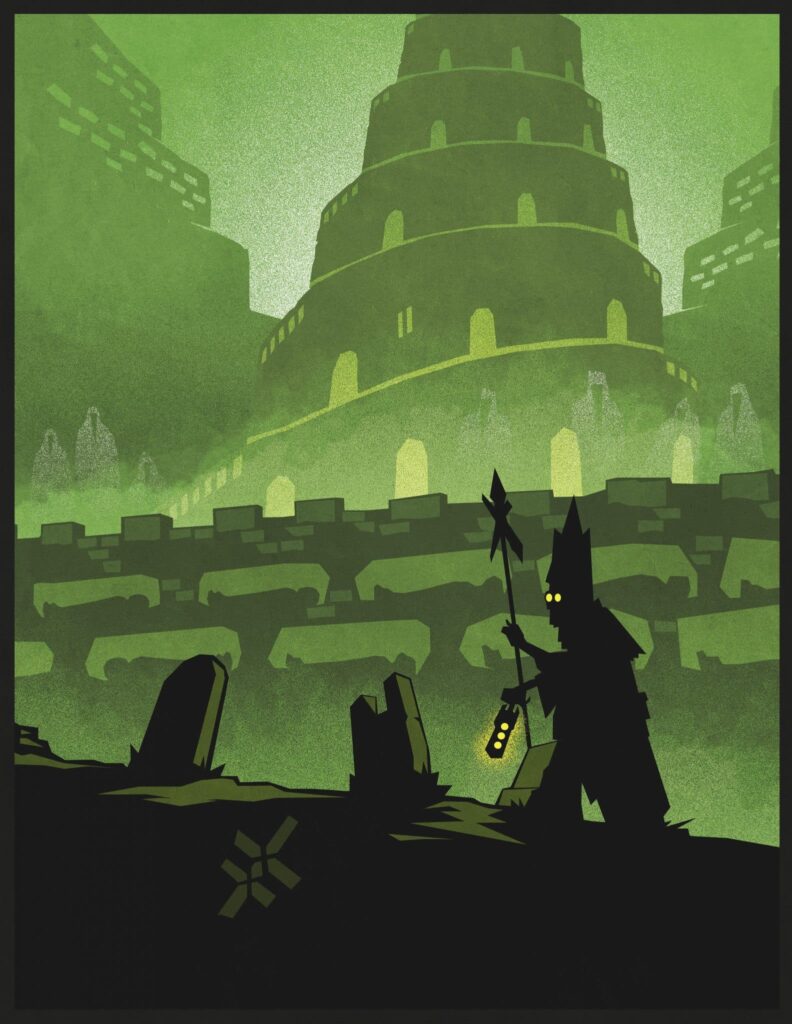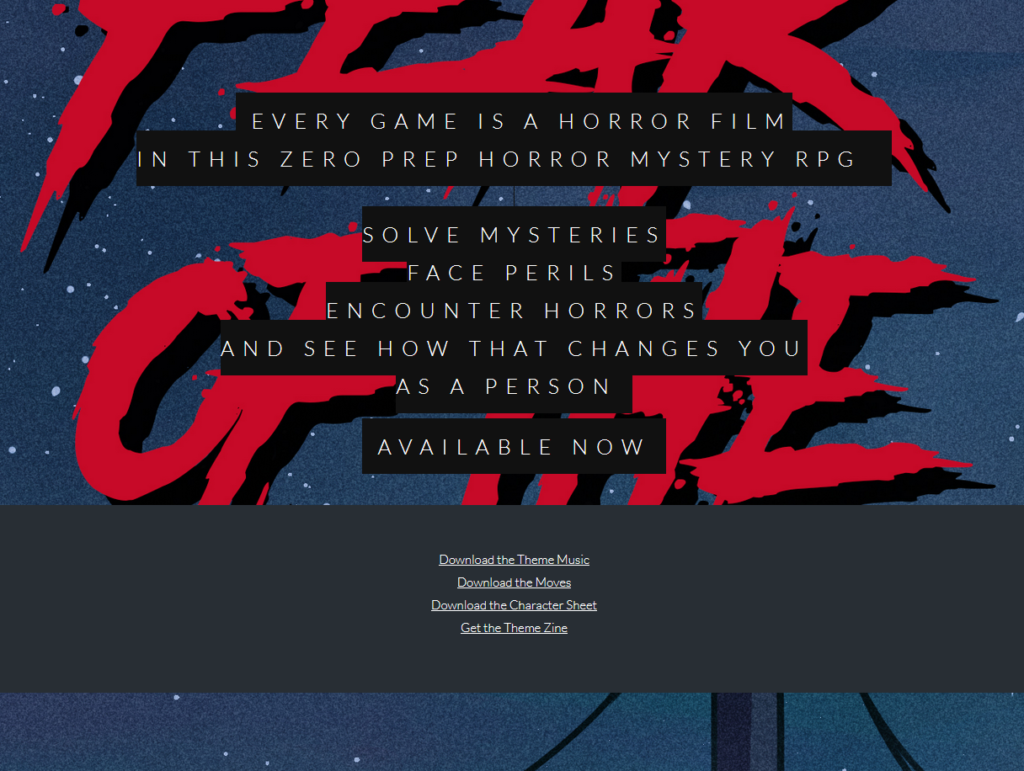Which Engine should I use to make a RPG?
It is an amazing time to be in tabletop role-playing games (ttrpg). There are many game engines available, and each one offers players a unique experience. During the planning phase of The Untrodden Ways, we reviewed more than twenty TTRPG systems to determine which one was the best fit to build out the world of The Untrodden Ways.
We weren’t concerned about what ‘setting’ the game was in (sci-fi, fantasy, steam punk, grim dark, urban fantasy, etc.). In fact, It was more important that the game engine could facilitate multiple genres. The Untrodden Ways has locations across the world and into other dimensions. Untrodden Ways players could be on a treasure hunt, on a heist, in a mythic battle, or in a car chase.
Our primary requirements were
- Does it have a Systems Reference Document (SRD) – a setting agnostic core rule book?
- Can we license the game system?
- Does it offer ways for the players group to work together (rather than watching someone else roll dice a lot)?
- What type of dice are needed to play?
- Could we understand the SRD?
Using those five criteria, we reviewed these games and game engines.
| Name | SRD | License | Group Play | Dice | Understand |
| Ironsword | 1d6 and 2d10 | ||||
| Fate Condensed | Fudge dice | ||||
| Cypher Systems | |||||
| Blades in the Dark | D6 | ||||
| Organic Rule Components (ORC) | |||||
| The Wildsea | |||||
| UGIS | |||||
| Volition RPG | Lots | ||||
| City of Mist | |||||
| Mouse Guard | |||||
| WaRP System core rules | |||||
| Fools and Corpses | |||||
| Questworld | |||||
| Seeking the Unknown | |||||
| Spire RPG | |||||
| Freeform Universal | |||||
| Year Zero | Lots | ||||
| MÖRK BORG | |||||
| Stars without Number | |||||
| Far Away Land | D6 | ||||
| Into the Dark/ Cursed | |||||
| Worlds Without Number |
Ironsworn
There were many things to like about Ironsworn. It has three game modes: single, co-op and GM lead. The questing and vows fit deeply into the action of The Untrodden Ways. The game engine has a lot of systems, but they aren’t too crunchy (numbers and stats based dice rolling). It has a comprehensive SRD and a Creative Commons license. Failing and dealing with consequences creatively is baked into the game.
On the downside, the game mechanics are deep. The rules are simple, but the quantity of actions borders on board game mechanics.
Fate Condensed
We’ve come to refer to Fate as the grandfather of all modern role playing games. The game engine’s best features have been adopted by nearly every game in our list. Fate has everything we need to create a game (license, dice, group play, and easy to understand).
The downside to Fate is there are too many versions of Fate (Core, Fate Condensed, Fate Accelerated, and Dresden Files). The leading version seems to be Fate Accelerated which doesn’t include skills as a character tool. Fudge dice also need to be purchased.
Blades in the Dark
There’s a lot to like about Blades in the Dark’s game engine (Forged in the Dark). It’s modern (started in 2017). It has an open SRD which a website based option. It was very Fate-like (The Dresden Files Your Story like). Our favorite features were the group game-play options and the clock system for timing events.
There have been some amazing setting-based games created using the Forged in the Dark SRD.
If there is a downside of Blades, it is the ‘heist based’ focus of the game engine. Locations didn’t seem to matter; locations play a big role in The Untrodden Ways.
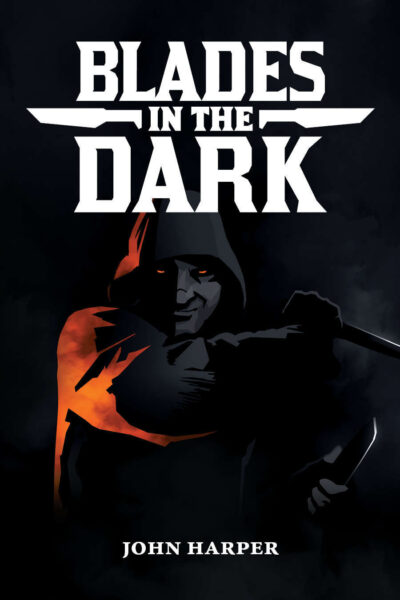
Cypher Systems
This was our solid fourth choice for game development. The Cypher Systems core rule book is vast. It has solid group play dynamics. Our biggest concern was multiple reviews of game players that fell into the theme of ‘dull game mechanics’. Players liked it but didn’t love it.
Numenera was the source of the Cypher Systems game engine. Looking at Numenera as an example, it had two sample adventures that fit very well with The Untrodden Ways.
Organic Rule Components (ORC)
We started our reviews by looking at the Organic Rule Components (ORC) game engine. It’s only a decade old (2013). It has an open SRD and is under Creative Commons. At first glance, it checked many of the things we need for The Untrodden Ways.
On closer inspection, the group play was weaker than we wanted. There are many settings built on ORC like In Dark Alleys, but they contain themes and content that haven’t stood the test of time.
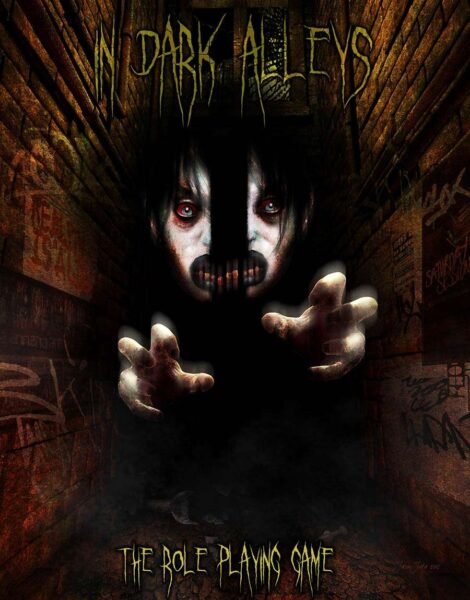
Other RPG Open Systems
FU: The Freeform Universal RPG
The age of the Freeform Universal RPG game engine and the note about a FU 2.0 version coming soon turned us away from Freeform.
UGIS RPG
We looked at UGIS RPG system a lot. It is a visually fantastic pdf, but it didn’t jump out enough for a fuller review.
Too Many Dice or Too Much Math
Year Zero
The need to do math and rolling lots of dice ended our research of Year Zero. That said, it is used for some very popular IPs like Lord of the Rings and Alien.
Volition RPG
Volition RPG is an online game system that requires a lot of dice. We stopped reviewing at ‘lot of dice’.
Game Systems We Couldn’t Understand
The ‘can we understand it’ review was a very quick read of the game engine’s SRD. If we could grasp the concepts behind game play on that quick read, we moved the game engine into a full review. We couldn’t figure out these game engines on a quick read.
Mouse Guard
One of our favorite intellectual properties (IP) is Mouse Guard. Created by Michigan’s own David Peterson, the world of Mouse Guard will pull you in and keep your imagination burning. The Mouse Guard Role Playing Game is based on Burning Wheel, but it doesn’t have its own SRD or license.
Burning Wheel failed the ‘can we understand it’ test so we stopped reviewing.
Licensing Problems
In some cases there were no licensing options available. In others, the licensing seemed ‘for personal use’ or was nebulous. We didn’t want to create a game where someone could take our right to publish it.
- Stars Without Number
- Far Away Land
- Into the Dark / Cursed
- Worlds Without Number SRD | Core Rule Book
City of Mist
We were very interested in working with a tag-based game engine. City of Mist came up as the go-to for tagging, but it doesn’t have an SRD and can’t be licensed.
Other Game Engines
The Best TTRPG Game Engine (for Us)
Our first adventure module, The Untrodden Ways: White Bluff was designed to work with the classic The Dresden Volume 1 Your Story by Evil Hat Productions, LLC. There’s no SRD and no license for The Dresden Files which is based on copyrighted content from Jim Butcher. The Untrodden Ways: White Bluff’s game mechanics come from Fate Condensed (using skill attributes for player characters). However, looking over the Fate SRD, there’s three versions of Fate, and Fate Accelerated (FAE) seems to be the primary go-to for new Fate-based games. There’s even a Dresden Files Accelerated version.
We decided to move away from Fate to Ironsworn’s game engine. Ironsworn’s multiple ways to play (solo, co-op, GM lead) gives our players multiple options to get onto the Untrodden Ways. The Untrodden Ways adventure modules are very story-centric, and the Ironsworn SRD provides tools for building out a comprehensive world. There are game mechanics for group play so our players aren’t sitting watching each other roll dice. We think Ironsworn will be a good fit for The Untrodden Ways.
If you are a game developer looking for a base SRD, any of these systems might be the right one for you. If we had an infinite amount of time, we’d develop a unique setting for every game system in the list.
Watch for our next adventure module, The Untrodden Ways: Hildrson. We will be reworking The Untrodden Ways: White Bluff to fit Ironsworn.

